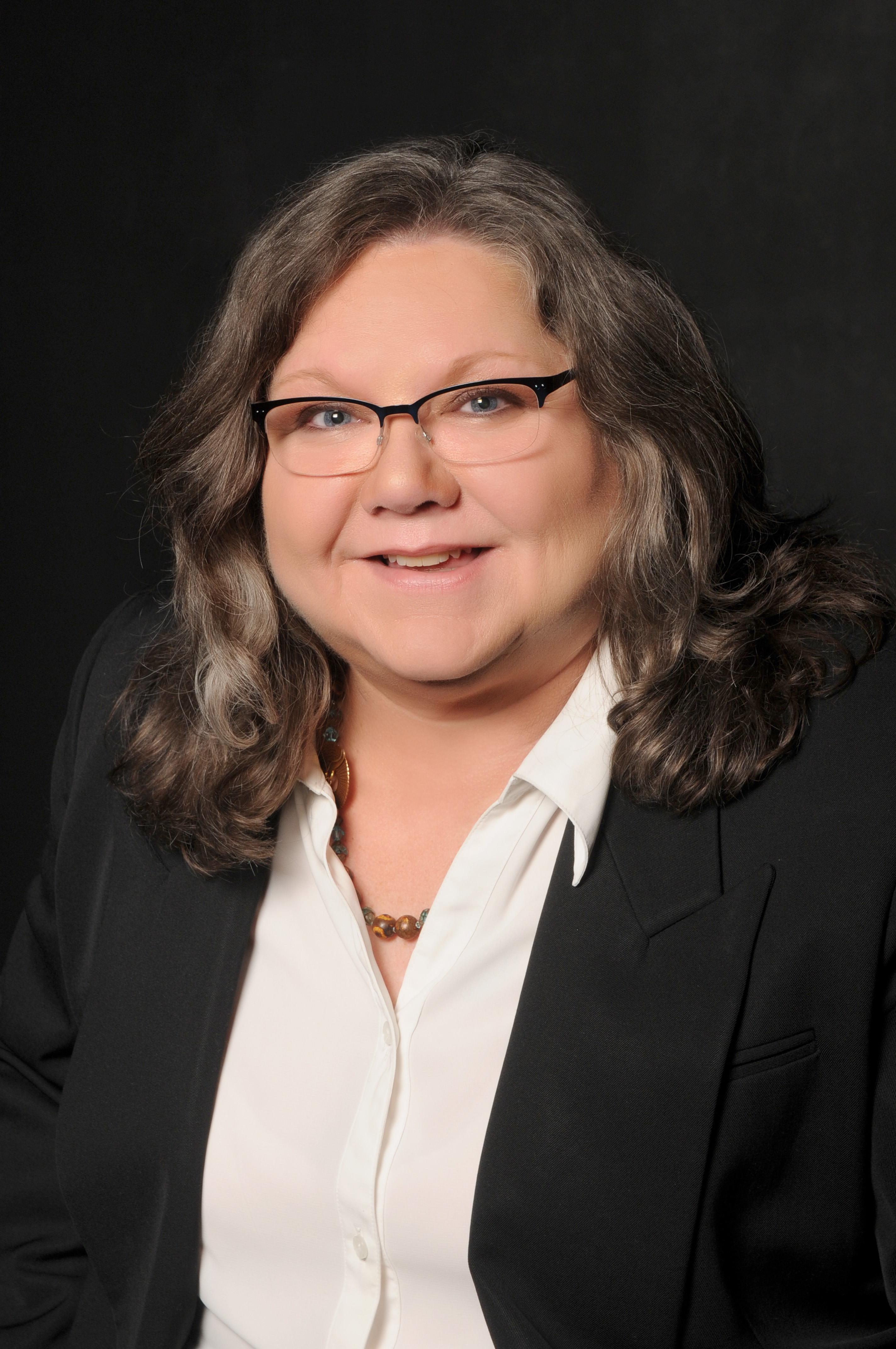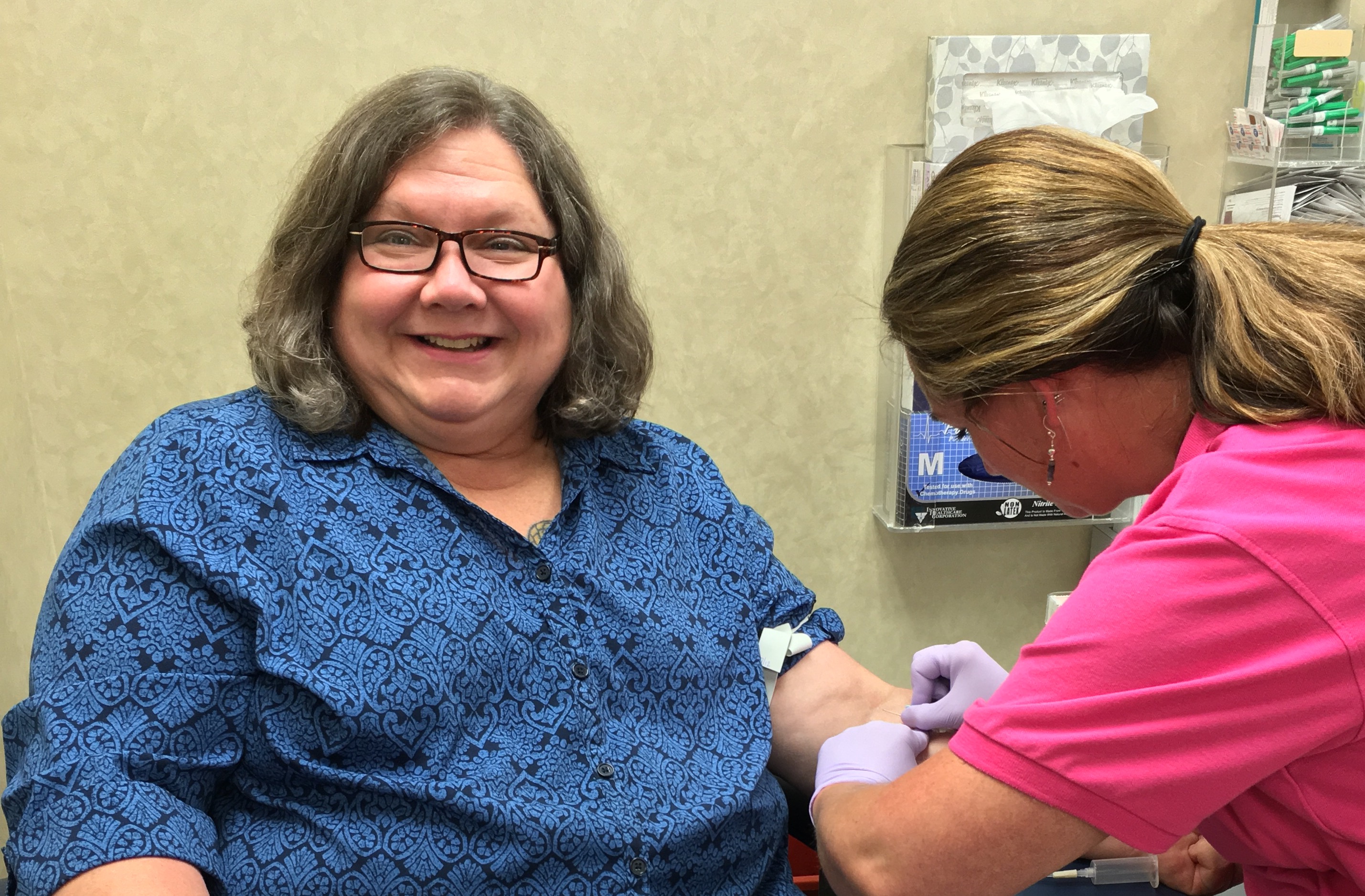
When Lori Kauzlarich discovered that she had a precursor blood condition in August 2013, she sprang into action.
“I was stunned,” she says. “But I decided to advocate for myself.”
Precursor conditions are blood disorders that may evolve into cancers such as leukemia, Waldenström’s macroglobulinemia, and multiple myeloma. They are often asymptomatic and diagnosed incidentally by routine blood tests. Kauzlarich learned she had monoclonal gammopathy of undetermined significance (MGUS), a condition that sometimes progresses into multiple myeloma, after a physician found that her levels of immunoglobulin A were “off the charts.”
Most patients “watch and wait” to see how their condition progresses. Kauzlarich was told by an oncologist to monitor her condition with blood tests every six to 12 months, but she soon began researching MGUS online and searching for specialists who could provide a second opinion. “Learning more about MGUS and finding a specialist has really set my mind at ease,” she explains.
Kauzlarich found a multiple myeloma specialist in Iowa City, Iowa, 90 miles away from her home in Des Moines, Iowa. A visit in fall of 2013 confirmed her MGUS diagnosis, and her new team began monitoring it with quarterly blood tests, and bi-annual scans and bone marrow biopsies.
Read more:
Kauzlarich also turned to Facebook to connect with other individuals living with precursor conditions. On MGUS and multiple myeloma Facebook groups, Kauzlarich exchanges information and support with other patients, and she adds that she has formed true friendships through these online communities.
When Kauzlarich noticed a Facebook post about the Center for Prevention of Progression of Blood Cancers (CPOP), a research initiative at Dana-Farber, she asked her multiple myeloma specialist if she could get involved. After confirming that her involvement with CPOP would not conflict with her doctor’s research, Kauzlarich enrolled. The PCROWD study offered through CPOP collects, processes, and stores tissue samples from people with precursor conditions from across the United States. Researchers use the samples to understand more about these conditions and learn how to prevent them from evolving into blood cancers.

Though Kauzlarich lives in Iowa, she sends samples from her blood tests and bone marrow biopsies to be used in the PCROWD study. She has never met the doctors and researchers at CPOP, but hopes that participating in this study will help researchers find a treatment for MGUS and smoldering multiple myeloma. “I’m a strong proponent of paying it forward,” she says. “If simply having a few extra labs drawn at the same time I am having tests done will help find a treatment and prevent progression, count me in.”
